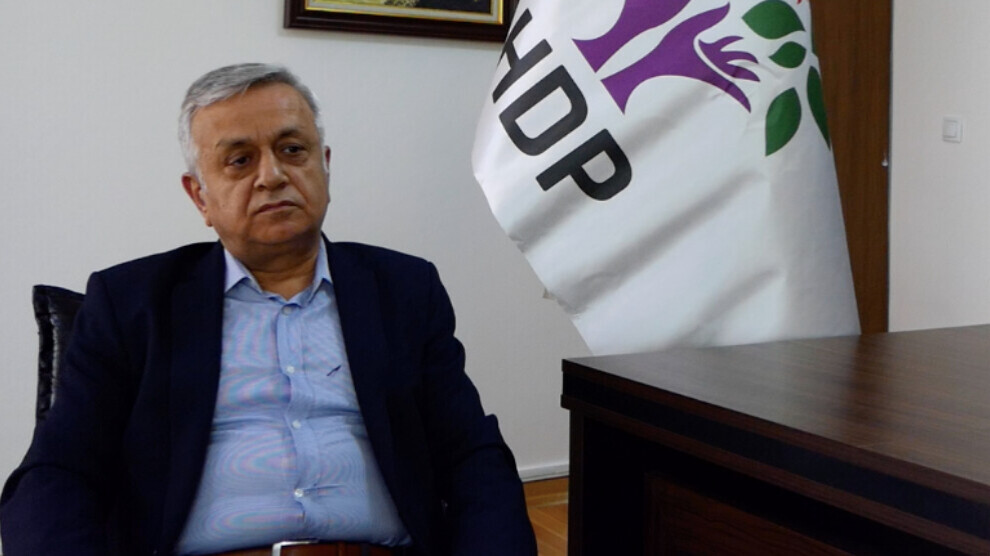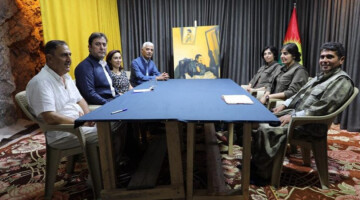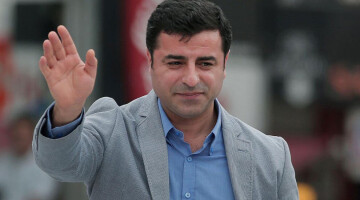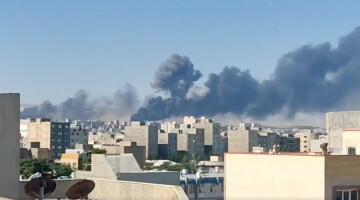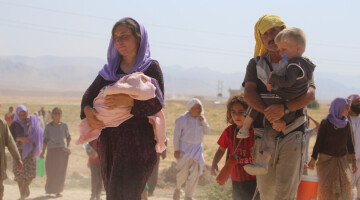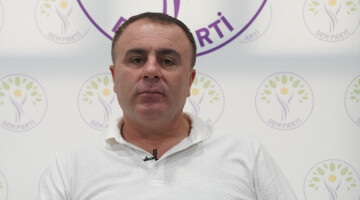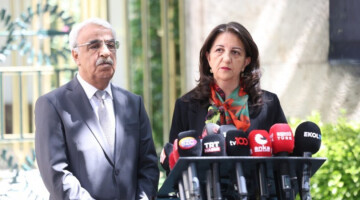Peoples' Democratic Party (HDP) Party Assembly member, lawyer Doğan Erbaş said that it is necessary to see the political roots of mafia and crime groups without restricting the issue to a few names. "We cannot grasp the essence of these relations without seeing the reality of war."
Erbaş pointed out that Kurdish Leader Abdullah Öcalan had already drawn attention to the state-backed criminal groups before. Öcalan frequently emphasized that as long as the Kurdish problem remains unresolved and the war against the Kurdish people continues, illegal structures will persist, he recalled.
Interviewed by ANF about mob leader Sedat Peker's allegations, lawyer Doğan Erbaş said the following: “We keep saying that dirty criminal organizations cooperate with the state, and they have developed practices (Counter-guerrilla, JITEM, State of Emergency, village burnings) aimed at suppressing and eliminating all opposition, especially the Kurdish Movement. Sedat Peker speaks from the inside. ‘We did it all,’ he says. He talks about the policies pursued by the Turkish state in the Syrian war, the weapons sent to Al-Nusra, the dirty trade carried out through illegal means... He has revealed that a special war apparatus and criminal groups have been created to carry out a large amount of illegal drug trade,” Erbaş said.
FROM UNION AND PROGRESS TO JITEM
Erbaş stated that dirty politics has its historical forerunners. “The whole process started with the Committee of Union and Progress (tr. İttihat ve Terakki) during the late Ottoman period. There were paramilitary groups such as Teşkilat-ı Mahsusa (Ottoman secret paramilitary intelligence unit, known as the Special Organization) during the period of Kurdish uprisings. After Turkey became a member of NATO in 1948, there was a special organization known as NATO Gladio. After the collapse of the Soviet Union, the NATO Gladios were purged in most of the countries, but Turkish Gladio remained active. It had assumed different names from the Special Warfare Department to JITEM. Serious crimes against humanity such as village burnings and extrajudicial executions, along with the special war waged in Kurdistan since the 1980s, required a special organization,” he told.
ABDULLAH ÖCALAN WAS TALKING ABOUT IT
The lawyer continued, “Since 1990, Abdullah Öcalan had some indirect dialogues with the Turkish state in various ways, seeking solutions. He was talking about the involvement of paramilitary groups as a special war apparatus. He frequently said that the law became a commodity and was undermined in Turkey. Öcalan kept emphasizing that as long as the deadlock in the Kurdish problem and the war against the Kurdish people continued, anti-democratic and illegal structures would also continue.”
NAMES DO NOT MATTER
It is necessary to see the political atmosphere in which mafia groups and gangs have emerged, Erbaş said adding that it would not be realistic to interpret the recent corruption by focusing on only some names. “We cannot grasp the essence of these relations without also evaluating the reality of war which stems from the the Kurdish question. Abdullah Öcalan offered very concrete suggestions and a road map between 2013 and 2015. He presented the parameters of a legal and constitutional solution for the Kurdish issue, but he has not been allowed to meet his lawyers and family for some time. It is a political will that insists on war and continues with the isolation. Therefore, it is the same political structure that lays the groundwork for all these illegal war apparatuses and mafia groups. As long as the isolation continues, these anti-democratic formations will continue,” Erbaş concluded.
RELATED NEWS:

